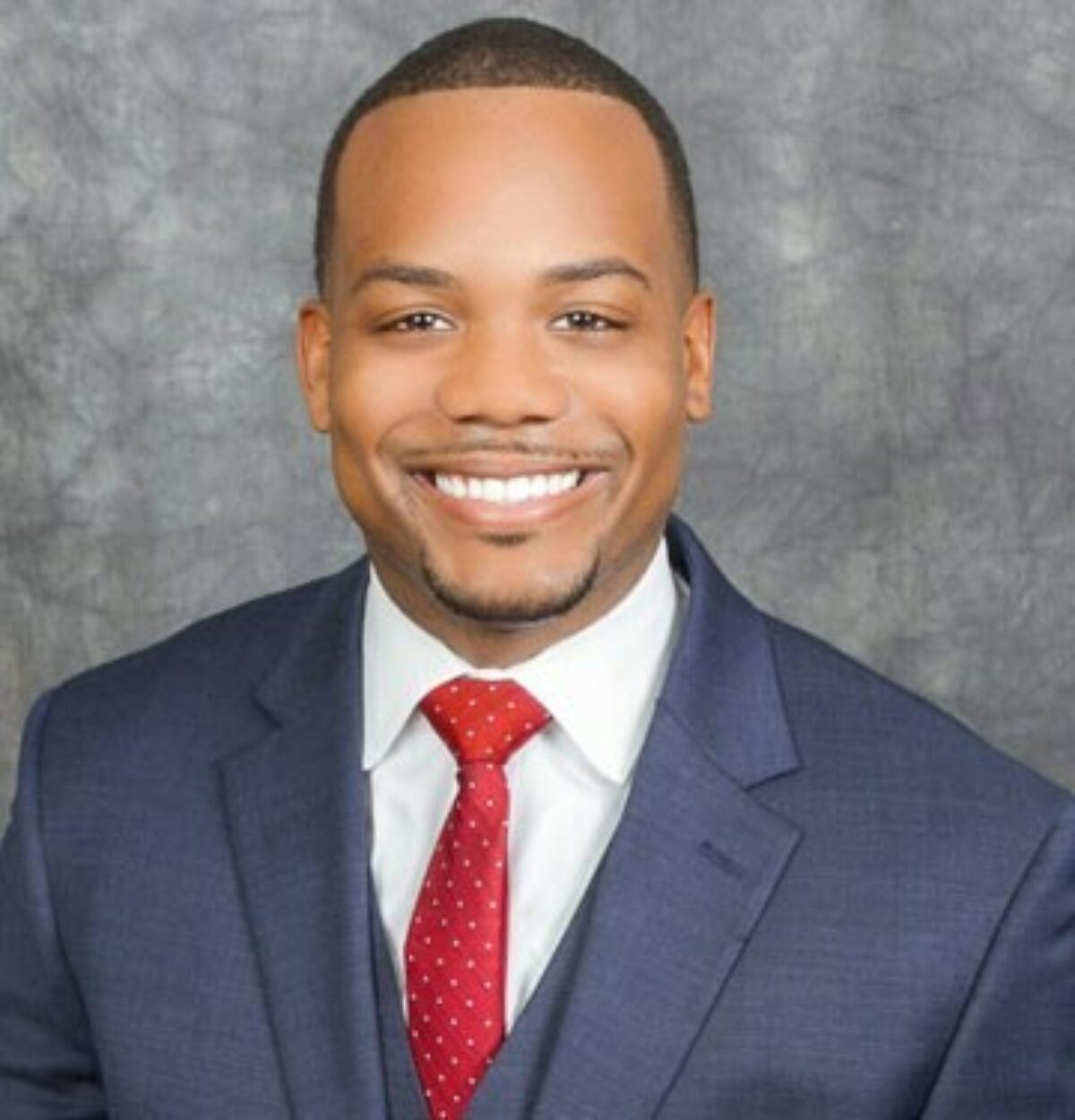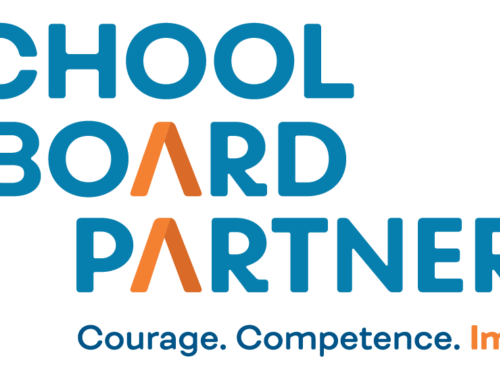Starting this month and running through early November, voters in Atlanta and around the country will have the opportunity to elect school board members to oversee their public school systems.
We’re fully in favor of candidates running and residents voting, but we take exception to one major aspect of the vast majority of these elections: the candidates are not formally trained.
These leaders are being asked to improve school systems that have been perpetuating systemic racism for centuries, but by and large they don’t know where to start. Under no other circumstance and in no other profession would we expect under-supported, underpaid, or unpaid volunteers to be effective at a job, let alone undoing entrenched systemic challenges. Yet, we continue to hear an outcry for better school systems that tackle systemic racism without investing in those that we elect who have direct control to make the changes.

Anthony Wilson, Equity in Education
School board members make life and death policy decisions every day — about who has access to the highest quality schools, whether students feel safe and connected to school, how school police officers are trained, the impact of discipline policies on students, curriculum content and messaging, transparency for families, school choice and equity, health and safety protocols, and allocation of resources. Policy decisions like these have a direct impact on whether our students end up in prison or in college, on track for healthy lives, or tagged as delinquent or deficient and blocked from receiving opportunities to thrive.
At the end of the day, in order to make sure that school board members are making the right policy decisions, we must invest in their leadership early and consistently.
What does this look like, in Atlanta and beyond?
First, we must recruit and train high-quality, anti-racist, kid-first school board candidates. For this to happen, a partnership would need to be formed between those individuals and organizations investing in campaigns of school board candidates as well as those organizations who can train candidates about the role, prior to even being elected, such that they are able to make well-informed campaign promises to capitalize on once elected.
Second, once elected, we must continue supporting and coaching these school board members to move into leadership roles on their board, hire anti-racist superintendents, approve an equity-focused budget, and pass policies to combat systemic racism and increase the number of high-quality school options.
An example of this type of investment being made in the school board governance sector is taking place in Atlanta. Equity in Education, which Anthony leads, has recruited, trained, and is investing in high-quality, anti-racist, kid-first school board candidates running this fall for school board. While supporting these candidates, Equity in Education also partnered with School Board Partners, a nonprofit that Ethan leads that connects, inspires, and supports anti-racist elected school board members across the country to lead with courage, competence, and impact. All of these efforts go toward training the candidates to be effective anti-racist school board members.
While this partnership is new, the interconnected missions and efforts make this partnership vital to metro Atlanta. Both organizations are fully committed to the region and will be working together for the foreseeable future with the goal of ensuring that Atlanta students, families, and community have smart, prepared, courageous, representative school board members that can interrupt the racist systems and create anti-racist and equitable policies and practices to help our Black and brown and low-income kids thrive and self-actualize.

Ethan Ashley, School board Partners
It is our hope that similar partnerships to invest in educating and supporting school board candidates will take place throughout the country. This is especially critical as the far-right mobilizes to use school boards politically. Former Trump adviser Steve Bannon said on his podcast in May, “The path to save the nation is very simple — it’s going to go through the school boards.” The far right has well-funded, well-coordinated messaging and campaigns. Equity-focused, kid-first candidates are on their own, or are backed by small, localized organizations like Equity in Education, which too often lack funding and coordination at the appropriate national scale. If strong, equity-focused, kid-first candidates aren’t elected and supported, then no meaningful change in policy and practice is possible.
During this time when there is a real threat to democracy and a weaponization of school boards, we are clear that educating and supporting the elected officials who lead our education systems is a critical strategy to improve our public schools, especially for the kids we have failed the most.
Anthony Wilson is the founding Executive Director of Equity in Education. A native son of Compton, California, Anthony became aware of the power of community organizing through his church, where he saw his elders lead and protect their neighborhood. He was an activist in high school, where he began a tradition of stepping up to support people with less power. He began his career as a high school English teacher.
Ethan Ashley is the co-founder and co-CEO of School Board Partners, a national nonprofit that connects, inspires and supports diverse school board members to lead with courage, competence and impact. Ashley has been twice elected and has served two terms as Board President of the Orleans Parish School Board and is an attorney who has worked at prominent civil rights organizations including the Urban League, BAEO and the Anti-Defamation league. Ashley is a graduate of Howard University and Howard Law School and lives with his wife and two school-aged children in New Orleans.

Related Blog Entries

Managing Climate Crises: Resources for School Boards
April 17, 2024
Ethan Ashley
Read More About Managing Climate Crises: Resources for School Boards



